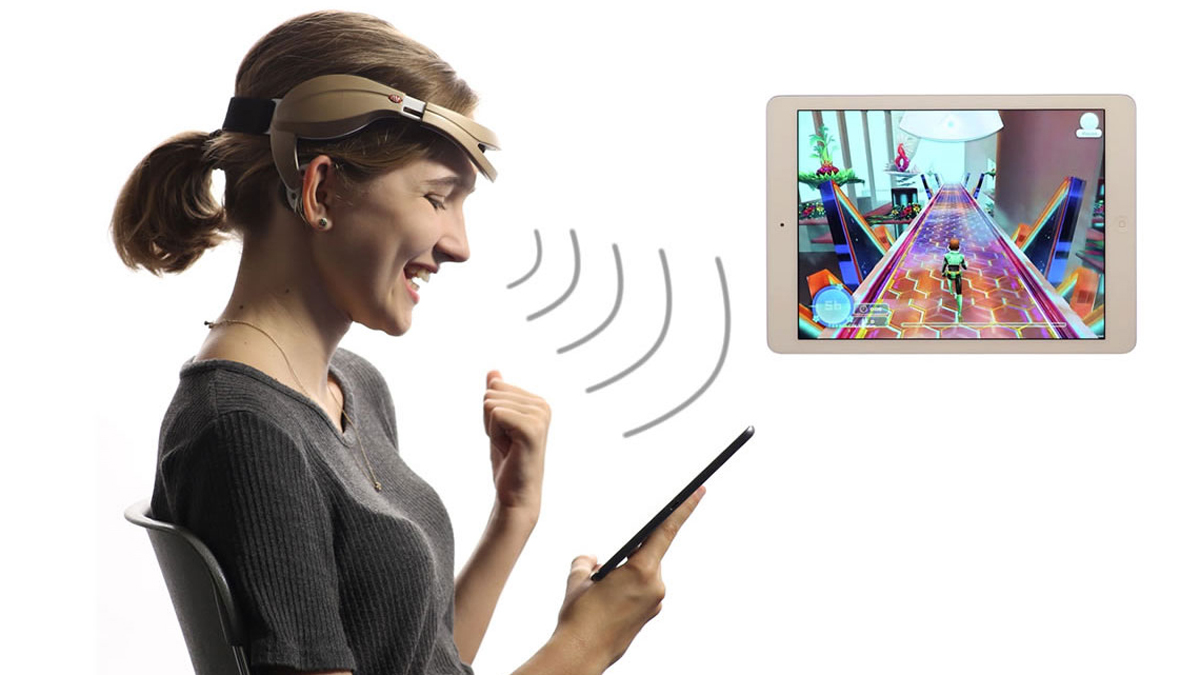These Video Games May Help Treat ADHD

Photo provided by ATENTIVmynd Games
A Massachusetts company called Atentiv has developed a computer game you’ll actually want your kids to play: one that may reverse the effects of ADHD and improve cognition.
“We are grounded in the fundamental desire that every parent has: to promote their child’s academic achievement and best home behavior,” says CEO Eric Gordon. “We all know that attention must be, and is, the number one requirement for performance in school and at home.”
The company has two ADHD-focused games in the works, both of which are currently undergoing phase two trials and will ideally be available later this year. One product is for kids ages 8 to 12, and the other is for ages 13 to 18.
Kids playing the games control an adventure storyline with their own attention brain waves, via a headset. As children work their way through the game using their focus and impulses, they learn 13 core cognition skills, such as attention and impulse inhibition. Clinical trials have shown that kids playing the games may experience a 30 to 40 percent reduction in ADHD symptoms, as measured by an EEG headset.
Trials have also shown that the games’ effects may actually be longer-lasting than medication—up to five months, as opposed to 10 hours. Each game takes about eight hours to play, with 24 training sessions taking place over several weeks. Each individual adventure story takes only about 20 to 25 minutes to play.
The idea for Atentiv was born when Gordon, a 30-year veteran of the pharmaceutical and biotech industries, heard about technology developed at Duke Graduate Medical School in Singapore. There, paraplegics were able to steer a wheelchair in certain directions, solely guided by their attention levels. “It was a way of calibrating one’s brain activity that precisely relates to an attention circuit,” Gordon says.
It took years for Gordon to turn that inspiration into Atentiv’s products, but now that he has, he says the games could provide a welcome alternative to families that don’t want to rely on medication.
“Children learn how to manage distractions,” Gordon says. “They learn selective attention, dividing attention, altering attention. They learn how to deal with multiple different kinds of stimuli within the skills they learn in the game. It’s not as difficult for them to learn once their attention is maximized.”


